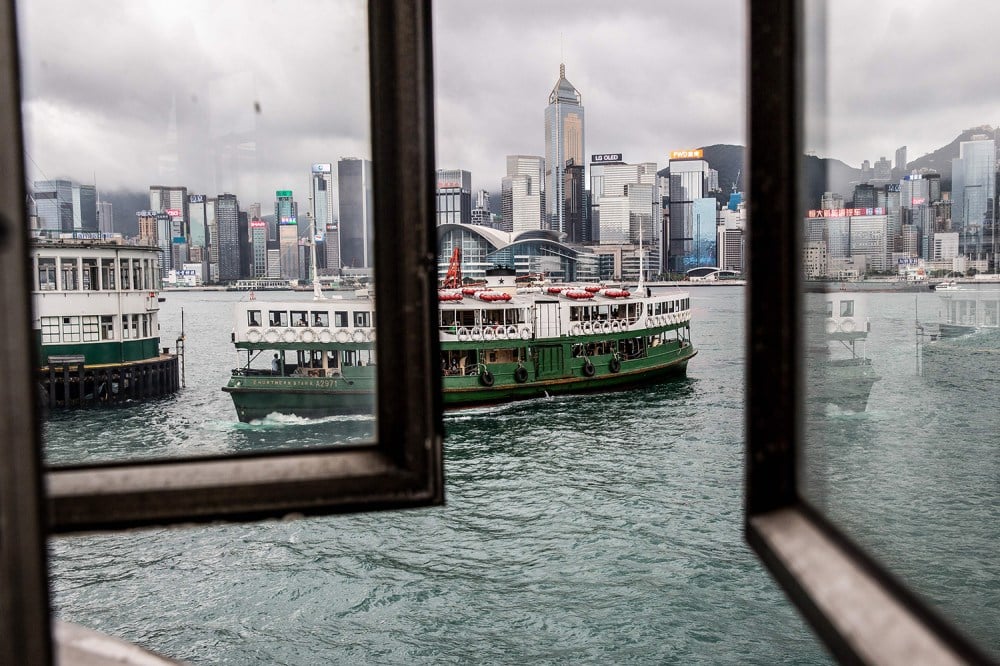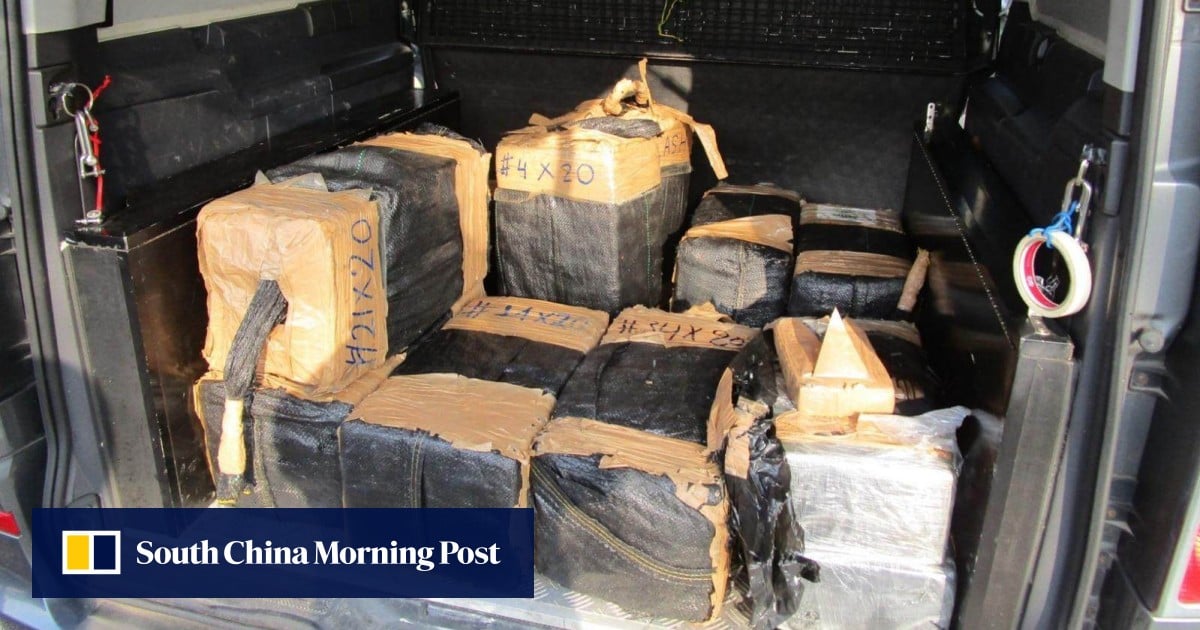Monday marks five years since China imposed a draconian national security law on Hong Kong, criminalizing dissent and bringing the semi-autonomous city to heel after months of pro-democracy, anti-government demonstrations that drew as many as 2 million protesters into the streets.
“The law itself was a weapon for Beijing to silence dissent in Hong Kong, but it also marked the turning point for a total crackdown that soon infiltrated all aspects of life,” journalist Karen Cheung wrote in 2022. “Within a year, the government would find ways to rid itself of all opposition lawmakers and district councilors, shut down the city’s largest pro-democracy newspaper, and promote former cops to top political positions.”
Monday marks five years since China imposed a draconian national security law on Hong Kong, criminalizing dissent and bringing the semi-autonomous city to heel after months of pro-democracy, anti-government demonstrations that drew as many as 2 million protesters into the streets.
“The law itself was a weapon for Beijing to silence dissent in Hong Kong, but it also marked the turning point for a total crackdown that soon infiltrated all aspects of life,” journalist Karen Cheung wrote in 2022. “Within a year, the government would find ways to rid itself of all opposition lawmakers and district councilors, shut down the city’s largest pro-democracy newspaper, and promote former cops to top political positions.”
Now, Hong Kong has become a cautionary tale for many pro-democracy activists around the world. The collection of essays below explores how China’s crackdown has reshaped life in the city, from its surreal show trials to the transformation of civil society.
The International Finance Centre towers over Hong Kong’s Central District on July 12, 2009. Ed Jones/AFP via Getty Images
How to Love Hong Kong Despite Everything
Surviving in the impossible city is still worth the price, Karen Cheung writes.
Image from You Must Take Part in Revolution: A Graphic Novel.Street Noise Books
Hong Kong’s Warning Signs for America
A graphic novel plays out a nightmarish scenario of authoritarianism in the hopes of waking us up, FP’s Lili Pike writes.
Hong Kong media tycoon Jimmy Lai, founder and owner of the Apple Daily newspaper, is seen while he is handcuffed and escorted by guards leaving Lai Chi Kok Reception Centre in Hong Kong on Dec. 12, 2020. Keith Tsuji/Getty Images
How I Became a Prop in Hong Kong’s Show Trials
Beijing is using torture and coercion in its case against Jimmy Lai, Luke de Pulford writes.
Police stand guard outside the High Court in Hong Kong on July 21, 2023.Isaac Lawrence/AFP via Getty Images
Hong Kong’s Bureaucrats Don’t Make Good Authoritarians
Local officials are inflexible about implementing Beijing’s orders, Joshua Yang writes.
Supporters hold copies of the Apple Daily newspaper as Hong Kong pro-democracy media mogul Jimmy Lai is released on bail from the Mong Kok police station in Hong Kong on Aug. 12, 2020.Isaac Lawrence/AFP via Getty Images
Hong Kong Is a Local Tragedy, Not a Geopolitical Shuttlecock
Understanding oppression requires layered histories of the city itself, Shui-Yin Sharon Yam and Jeffrey Wasserstrom write.






